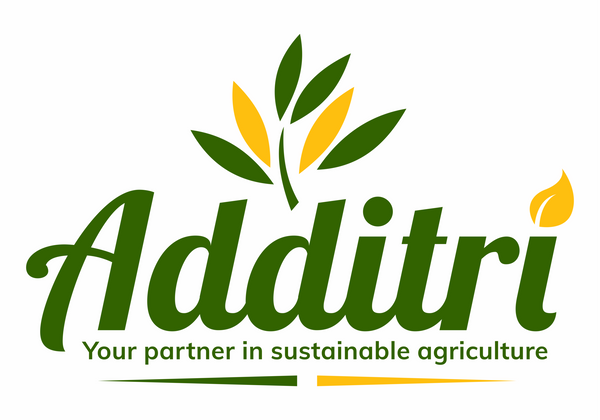
Earthworms & Soil Health: Lifecycle, Types, & Role in Farming
Share
Earthworms: Nature’s Soil Engineers – Lifecycle, Reproduction, Types, Functions & Death
Powered by Additri Bio Fertilizers
Regenerate your soil the natural way.
🌱 Why Earthworms Matter for Soil Health
When we talk about healthy, fertile soil, we often forget the underground allies working silently — earthworms. These creatures play a vital role in soil regeneration, nutrient recycling, and crop productivity.
Wondering how earthworms are born, reproduce, and contribute to your farm? Learn everything about their lifecycle and how Additri Bio Fertilizers can help you boost their population naturally.
🐛 How Are Earthworms Produced in Soil?
Earthworms reproduce by laying cocoons (eggs) in moist, organic-rich soil. Each cocoon hatches 1–3 baby worms in a few weeks.
For earthworm reproduction to succeed, your soil must be biologically active.
👉 Additri Bio Fertilizers and Liquid Microbial Consortia help create a microbe-rich environment that supports earthworm development and survival.
💚 Earthworm Reproduction Made Simple
- Earthworms are hermaphrodites — they have both male and female organs.
- They mate and exchange sperm, then release cocoons using the clitellum.
- Cocoons hatch in 2–4 weeks under suitable soil conditions.
🧪 Additri's liquid consortia promote aerobic microbes that support egg development and juvenile worm survival.
🔄 Earthworm Lifecycle
- Cocoon Stage: 2–4 weeks
- Juvenile Stage: Feed on organic matter and microbes
- Adult Stage: Reach maturity in 60–90 days
Lifespan: 1–6 years in optimal conditions.
🪱 With Additri Bio Fertilizers, worms grow faster and live longer thanks to improved soil structure and nutrition.
🌍 Types of Earthworms & Where Additri Helps
1. Epigeic (Surface Dwellers)
- Live in compost and feed on organic residue.
- ✅ Perfect for vermicomposting.
- 👉 Use Additri Compost Activators for faster breakdown.
2. Endogeic (Topsoil Dwellers)
- Tunnel through upper soil layers and mix organic matter.
- ✅ Boosted by Additri’s liquid microbial consortia.
3. Anecic (Deep Burrowers)
- Create deep vertical tunnels, improving soil drainage.
- ✅ Thrive in soil structured with Additri Bio Inputs.
🌾 Key Functions of Earthworms in Soil
- ✔️ Natural Tillers – Improve soil aeration and drainage
- ✔️ Nutrient Recyclers – Convert organic matter into rich castings
- ✔️ Vermicast Producers – Castings rich in NPK and microbes
- ✔️ Soil Builders – Prevent erosion, improve aggregation
💡 Use Additri Bio Fertilizers + Liquid Consortia to:
- Feed worms indirectly through microbial biomass
- Accelerate residue breakdown
- Balance soil pH and microbial diversity
⚠️ How Earthworms Die (And How to Prevent It)
Common causes of worm death:
- Dry soil
- Toxic chemicals
- Excessive tillage
- Flooding
- Compacted soil
🌿 Additri's eco-friendly biofertilizers help prevent this by:
- Avoiding harmful residues
- Increasing organic matter for food
- Improving moisture retention and soil structure
✅ Final Thoughts: Earthworms Are Soil Health Indicators
Earthworms do more than decompose. They signal a healthy, fertile ecosystem. When you use Additri Bio Fertilizers and Liquid Consortia, you're not just feeding crops — you're supporting the life beneath the soil.
💬 Healthier Earthworms = Healthier Soil = Healthier Crops
🔬 About Additri Bio Fertilizers
With 10+ years of research and on-field success, Additri offers:
- 🌱 Crop-specific biofertilizers
- 🧪 Multi-strain liquid microbial consortia
- 🌾 Organic soil enhancers tailored for Indian farms
✅ Trusted by 10,000+ farmers
✅ 100% residue-free & eco-safe
✅ Scientifically formulated for better yield & soil regeneration
📦 Ready to Regenerate Your Soil?
Shop Additri Bio Fertilizers – Restore soil life, improve productivity naturally.

